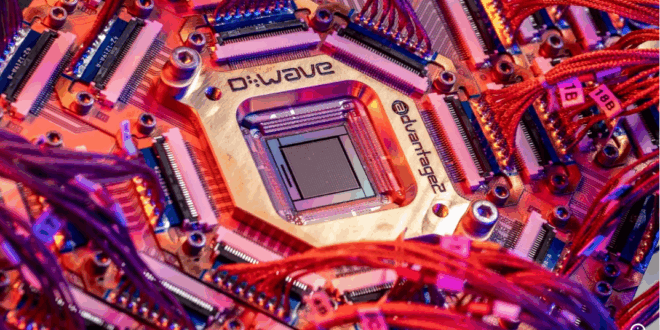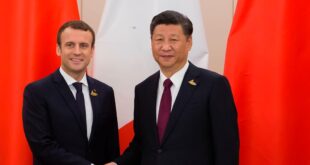MuhamadYehia.. Cairo
The plan, aimed to improve Europe’s uptake of the technology, was originally expected in the third quarter of this year.
The European Commission is planning to present a strategy on quantum earlier than expected on 2 July this year in a bid to boost uptake of the technology considered capable of leading to breakthroughs in medicines and financ
The Commission began consulting on a plan early last month and originally intended to launch the strategy in the third quarter of the year.
The proposal will aim to reinforce Europe’s tech sovereignty and economic security in quantum technologies, including computing and communication. It is expected to call for member state cooperation to fully implement the European Declaration on Quantum Technologies, which was signed last spring.
It will also call for alignment of major research and development programmes and pool resources to avoid fragmentation and duplication, and collectively build pan-European quantum infrastructures, such as for quantum chip manufacturing and specialised platforms for computing and ensure a stable supply of critical components.
“The EU is strong in early-stage research but often struggles with scaling up, commercialisation and global outreach,” the Commission said when garnering feedback.
In addition, it said that the EU lacks industrial capacity in key areas, such as the production of quantum processors and other hardware components.
“This technological dependence raises sovereignty concerns, particularly regarding supply chain vulnerabilities. Without a robust industrial base, the EU risks remaining dependent on non-EU providers for critical components.”
Hearing
In her confirmation hearing, the EU’s Tech Commissioner, Henna Virkkunen, pledged to introduce a new strategy to boost the technology. Her mission letter, drafted by Commission President Ursula von der Leyen, said that the EU should intensify efforts and investment “concerning the next wave of ‘frontier technologies’, including quantum computing
The Draghi report on competitiveness, which came out late last year, also said that quantum computing will have a foundational role in next-generation digital frameworks, with major economic and security implications.
It could contribute up to €850 billion to the EU economy in the next 15-30 years, his report claimed.
This story has been updated to clarify the expected publication date of the strategy.
 موقع وجه أفريقيا موقع وجه أفريقيا هو موقع مهتم بمتابعة التطورات في القارة الأفريقية
موقع وجه أفريقيا موقع وجه أفريقيا هو موقع مهتم بمتابعة التطورات في القارة الأفريقية



